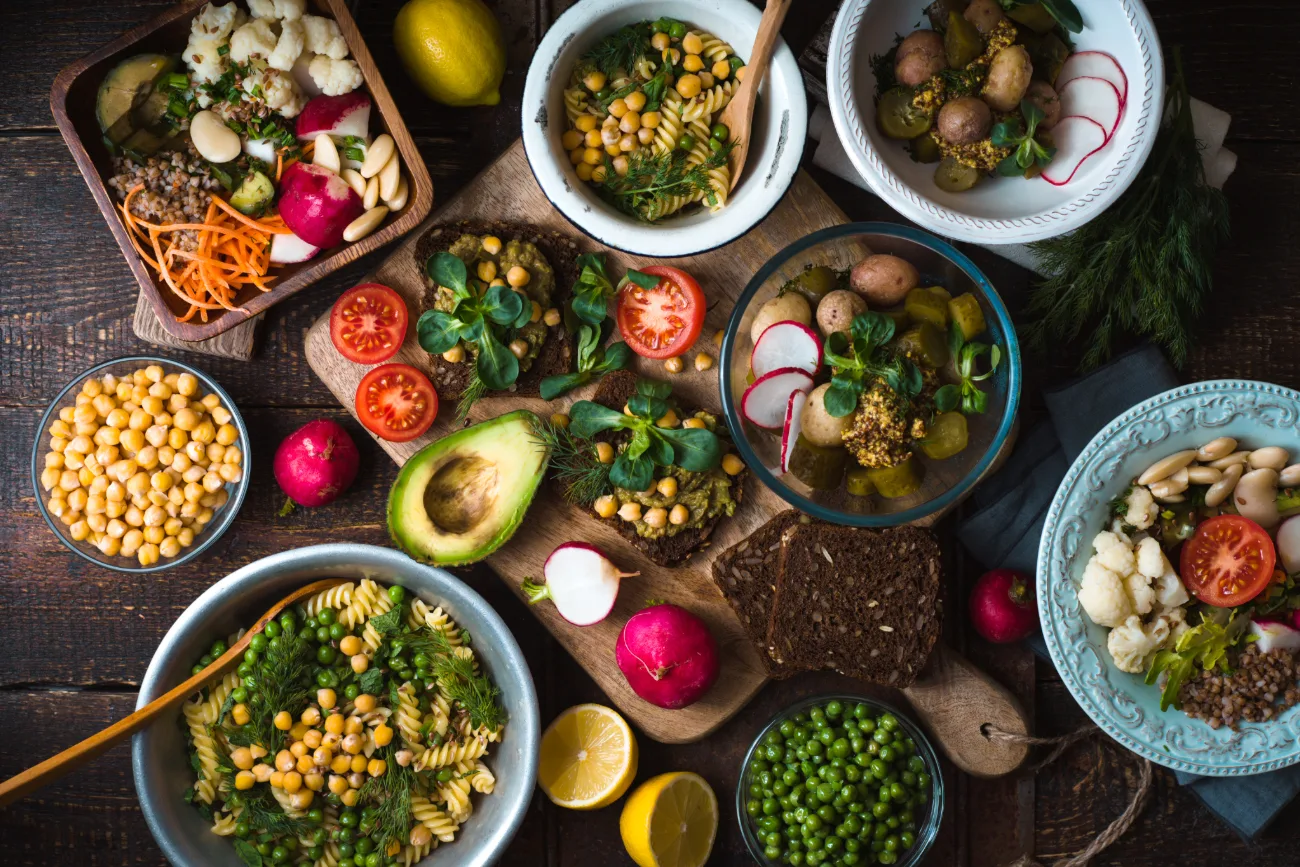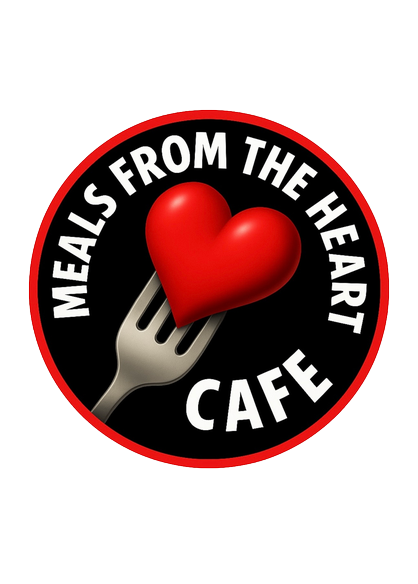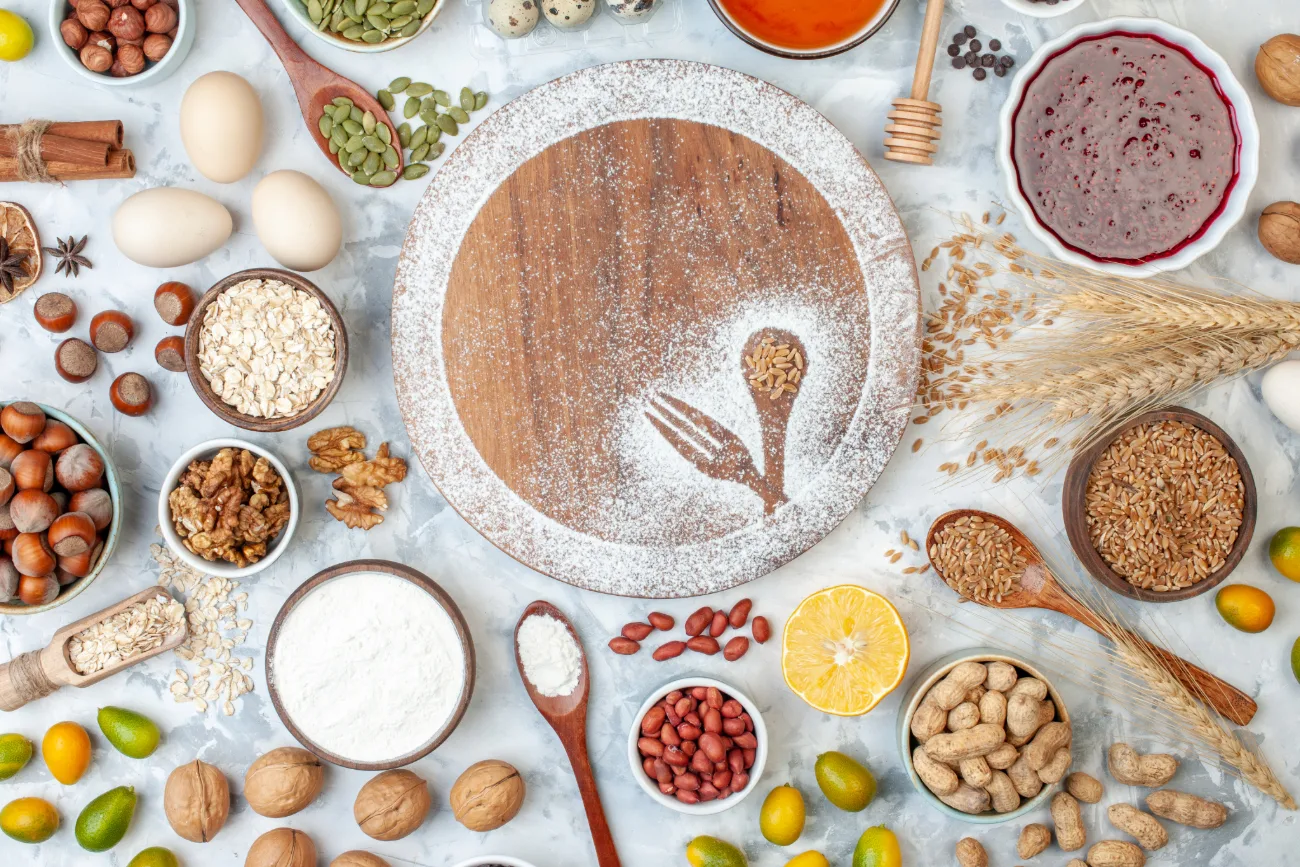
You’ve probably heard the term “vegan” tossed around in conversations, seen it on restaurant menus, or scrolled past it on social media. But what does vegan really mean?
Let’s dive deep into the world of veganism and unpack everything you need to know about this transformative lifestyle that goes far beyond just what people eat.
The Origins of Vegan and Vegetarian Diets
The story of vegetarian and vegan diets is more fascinating than many realize. While the term “vegetarian” first emerged in 1839, the vegan journey has its own unique and compelling history. Back in 1944, two visionaries named Donald Watson and Dorothy Morgan coined the term “vegan” – creating a word that would eventually spark a global movement challenging how we think about food, ethics, and our relationship with other animals.
The Vegan Society, founded in the same year in the United Kingdom, defined veganism as a philosophy and way of living that seeks to exclude all forms of animal exploitation and cruelty. This definition goes far beyond just the foods on your plate – it’s a holistic approach to living that considers the welfare of animals in every aspect of life.
Vegan vs. Vegetarian: What’s the Difference?
To understand veganism, it helps to contrast it with vegetarian diets. While people who eat meat might be most familiar with vegetarian diets that exclude animal flesh, a vegan diet and lifestyle go several steps further. Vegans don’t just skip the steak – they avoid all animal products, including dairy, eggs, honey, and even animal-based ingredients in clothing, cosmetics, and other products.
What Does a Vegan Eat? Exploring the Vegan Diet
Breaking Down the Vegan Plate
A vegan diet is a vibrant, plant-based journey that’s about much more than just what you’re not eating. It’s a celebration of vegan foods, vegan recipes, vegetables, grains, nuts, fruits, and incredibly creative plant-based alternatives. So, what’s typically on the menu for someone following a healthy vegan diet?
Vegetables and Fruits: These are the nutritional powerhouses of any vegan diet. Far from being limited, plant-based eating offers an incredible array of flavors, textures, and nutrients. Colorful salads aren’t just pretty – they’re packed with vitamins, minerals, and antioxidants. Hearty vegetable stews can be just as satisfying as any meat-based dish, offering warmth, comfort, and deep, complex flavors.
Grains: Quinoa, rice, wheat, and oats are more than just side dishes – they’re essential sources of energy, fiber, and complex nutrients. Each grain tells a story of human cultivation, with unique nutritional profiles and cultural significance. Whole grains provide sustained energy, support digestive health, and form the foundation of countless delicious meals.
Protein Powerhouses: One of the most common misconceptions about vegan diets is protein intake. Tofu, seitan, wheat gluten, and legumes are protein-rich foods that offer versatility and nutrition. These ingredients can be transformed into everything from hearty stews to delicate appetizers, proving that plant-based protein is anything but bland.
Nuts and Seeds: Hemp seeds, almonds, chia seeds, and walnuts are nutritional miracles. These small packages contain healthy fats, protein, minerals, and incredible flavor. A handful of nuts can be a complete meal, offering sustained energy and supporting overall health.
Nutrient Spotlight: Staying Healthy on a Vegan Diet
Worried about getting all the nutrients you need? A well-planned vegan diet can absolutely provide all the nutrients your body craves. Let’s break down some key nutritional considerations:
Protein Sources: Plant-based protein is abundant, diverse, and often overlooked. Contrary to popular belief, you can easily meet your protein needs through a varied vegan diet. Legumes, nuts, seeds, whole grains, and plant-based protein powders offer complete protein profiles that support muscle health, immune function, and overall wellness.
Calcium: Forget the myth that calcium only comes from dairy. Fortified plant milk, dark leafy greens, tofu, and calcium-set products provide ample calcium for healthy bones and teeth. Many plant sources are actually more easily absorbed by the body than dairy calcium.
Iron: Plant-based iron sources are plentiful. Legumes, nuts, seeds, and dark leafy greens are rich in this essential mineral. Pro tip: Pair iron-rich foods with vitamin C sources to enhance absorption. A spinach salad with citrus dressing isn’t just delicious – it’s a nutritional powerhouse.
Vitamin D: Sunlight is the best source, but fortified foods and supplements can help. Mushrooms exposed to UV light, fortified plant milks, and targeted supplements ensure you’re getting this crucial vitamin.
Vitamin B12: This is one nutrient vegans must be intentional about. Fortified nutritional yeast, plant milks, and B12 supplements are essential for maintaining healthy blood and nervous system function. Learn more about B12 and vegan diets from the National Institutes of Health.
Omega-3 Fatty Acids: Flaxseeds, chia seeds, and unsaturated oils provide these essential nutrients. Algae-based supplements offer a direct source of the critical EPA and DHA forms of omega-3s.
Vegan Nutrition Myths Debunked
Many people have misconceptions about vegan diets. Let’s clear up some common myths:
Myth #1: Vegans can’t get enough protein when they don’t eat meat or eat fish.
Reality: Plant-based protein sources are abundant and diverse.
Myth #2: Vegan diets are nutritionally deficient.
Reality: A balanced vegan diet can provide all the nutrients your body needs.
Myth #3: Vegan eating is boring.
Reality: Vegan cuisine is incredibly diverse and delicious.
Exploring Different Approaches to Vegan Eating
Types of Vegan Diets
Not all vegan diets are created equal. Some approaches include:
- Whole Food Vegan Diet: Focuses on whole, minimally processed plant foods
- Raw Vegan Diet: Emphasizes uncooked and unprocessed plant-based foods
- Dietary Vegans: Those who avoid animal products in diet but not necessarily in other aspects of life
- Ethical Vegans: Those who extend their commitment beyond diet to all aspects of life
Beyond the Plate: The Vegan Lifestyle
More Than Just a Diet
Veganism isn’t just about what you eat – it’s a comprehensive lifestyle choice that extends to clothing, cosmetics, and everyday products. Ethical vegans believe in minimizing animal suffering and avoiding products derived wholly from animals.
Everyday Vegan Choices
- Choosing cruelty-free cosmetics
- Avoiding leather, wool, and silk
- Selecting household products not tested on animals
- Supporting animal free alternatives in all aspects of life
Vegan Alternatives: No Compromises Necessary
The world of plant-based alternatives has exploded with creativity. Modern vegan products are not about deprivation – they’re about reimagining food and consumer goods with compassion and innovation:
Plant Milk Revolution: Soy milk, almond milk, oat milk, and beyond offer incredible variety. Each has a unique flavor profile, nutritional benefits, and culinary uses. The FDA provides information about plant-based milk alternatives.
Cheese Reimagined: Nut-based and soy cheese alternatives have come incredibly far. From melty pizzas to sophisticated cheese plates, plant-based options are delighting vegans and non-vegans alike.
Meat Alternatives: Companies like Beyond Meat and Impossible Foods are revolutionizing how we think about protein. These products aren’t just for vegans – they’re attracting meat-eaters looking to reduce animal product consumption.
Ice Cream Reinvented: Vegan ice cream has transformed from a bland, icy alternative to a gourmet dessert experience. Crafted from coconut milk, cashew cream, and other plant-based ingredients, these frozen treats offer rich flavors, creamy textures, and indulgent varieties that rival traditional dairy ice cream. From artisanal small-batch brands to mainstream options, vegan ice cream is winning over dessert lovers of all dietary preferences.
Health Implications of a Vegan Diet
Potential Health Benefits
Research suggests that a balanced vegan diet may:
- Lower the risk of heart disease
- Reduce the likelihood of cardiovascular disease
- Support healthy weight management
- Potentially lower risk of chronic diseases
- Improve overall food choices and nutritional intake
Potential Nutritional Considerations
Vegan diets can be super healthy, but they do require some extra attention. The key is to eat a wide variety of plant-based foods that give your body all the nutrients it needs. One of the most important things to watch is vitamin B12, which vegans often need to get through fortified foods or supplements.
If you’re new to vegan eating, talking to a nutritionist who knows about plant-based diets can be a game-changer. They can help you create meal plans that keep you healthy and make sure you’re getting all the right nutrients. It’s also smart to get regular check-ups and blood tests to catch any potential nutritional gaps early. Think of it like being a detective for your own health – staying curious, informed, and proactive about what you’re eating.
Vegan Athletes and Performance
Contrary to old myths, many top athletes follow plant-based diets. Vegan athletes are breaking records and challenging misconceptions about plant-based nutrition. From ultra-marathon runners to professional basketball players, these athletes prove that vegan sources of nutrition can support peak physical performance.
Performance Nutrition for Vegan Athletes
- High-protein plant foods
- Strategic supplementation
- Balanced nutrient intake
- Proper meal planning
Global Perspectives on Veganism
Growing Vegan Community
Veganism isn’t just a passing trend. The vegan community continues to grow globally, driven by:
- Concerns about animal suffering
- Environmental sustainability
- Personal health benefits
- Ethical considerations about killing animals
The United Nations has recognized World Vegan Day, highlighting the environmental impact of veganism.
Prevalence and Growth
Cities like Chiang Mai, Tel Aviv, and Lisbon are becoming vegan havens, with an increasing number of plant-based restaurants and conscious consumers. The dietary terms surrounding veganism continue to evolve, reflecting a growing global awareness.
Common Questions About Vegan Eating
Is a vegan diet expensive?
Not necessarily. While some specialty vegan products can be pricey, staples like beans, rice, and seasonal vegetables are often more affordable than animal-based foods.
Do vegans get all the nutrients they need?
Absolutely! With proper planning and knowledge, a vegan diet can provide all the nutrients your body needs and potentially lower the risk of various health conditions.
What do vegans actually eat?
Far from being limited, vegan diets are incredibly diverse – including fruits, vegetables, grains, legumes, nuts, seeds, and creative plant-based alternatives to traditional animal products.
Getting Started: Tips for Aspiring Vegans
- Start slow and be kind to yourself
- Explore new vegan recipes and cuisines
- Find a supportive vegan community
- Focus on adding delicious plant-based foods
- Learn about nutrition
- Experiment with meat substitutes and plant-based products
The USDA’s Nutrition.gov offers resources for vegetarian and vegan diets.
The Bigger Picture
Choosing a vegan lifestyle is more than a personal diet choice – it’s a statement about compassion, environmental sustainability, and personal health. Whether you’re motivated by animal welfare, environmental concerns, or health benefits, there’s no one “right” reason to explore veganism.
Continuing Your Vegan Journey
What does being vegan mean? It’s a rich, multifaceted lifestyle that goes beyond just food. It’s about making conscious choices that minimize harm and maximize compassion. Whether you’re considering a full vegan lifestyle or just curious about incorporating more plant-based meals, every small step counts.
Remember, veganism isn’t about perfection – it’s about making informed, compassionate choices that align with your values.
A Comprehensive Guide to Eating Healthy in New Orleans
Lorem ipsum dolor sit amet, consec tetur adipiscing elitsed do eiusmod tempor inci didunt ut labore
All Your Questions About Gluten & Gluten-Free Foods Answered Here
Lorem ipsum dolor sit amet, consec tetur adipiscing elitsed do eiusmod tempor inci didunt ut labore



